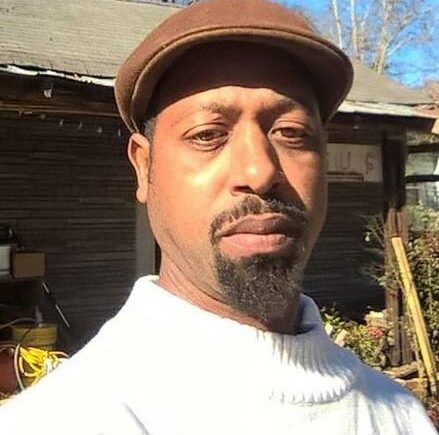Local law enforcement agencies have confirmed that one man, Ryan Hobson of Greensboro, was killed over the weekend at the annual Footwash festival in south Hale County. Hobson, who appears to have been only a bystander to the violence, was reportedly stuck by the crossfire when gunshots rang out at the festival that Saturday night.
Hobson and his family are well-known throughout Greensboro and Hale County, and expressions of grief and sympathy abounded on local social media pages Sunday as the news reached the community.
Some reports online from Footwash attendees Saturday night said two people had been killed in the gunfire, but Hale County Sheriff Michael Hamilton said Hobson’s was the only death. However, he said, three other people were injured enough to require medical attention: two women sustained leg injuries in the chaos, and another man was shot in the foot.
Hamilton said no arrests had yet been made in Hobson’s murder.
For a time, in response to a series of murders and other incidents in the early 2000s, Alabama’s State Troopers would send dozens, up to more than 100, officers to assist Hale County law enforcement with enforcing traffic and safety at the annual festival. A series of cuts, beginning during the Bentley administration, to the budget of the Alabama Law Enforcement Agency led to decreasing law enforcement presence at the festival.
In recent years, Hamilton said, ALEA has declined to participate at all. Law enforcement presence at the time of this year’s shooting was minimal, he said. “Not many other agencies are willing to endanger the lives of their officers,” said Hamilton. “It’s not really financially beneficial for anyone other than the land owners.”
The gathering now known as Footwash has taken place every year since 1888 on private land near Faunsdale in south Hale County. It grew from the annual gathering of the Fairhope Benevolent Society, a mutual aid membership organization for the Black citizens of that community, into a well-known annual event with attendees coming from across the country. Now in its 135th year, some sources say it is the longest-running African American festival of its kind in the United States.

